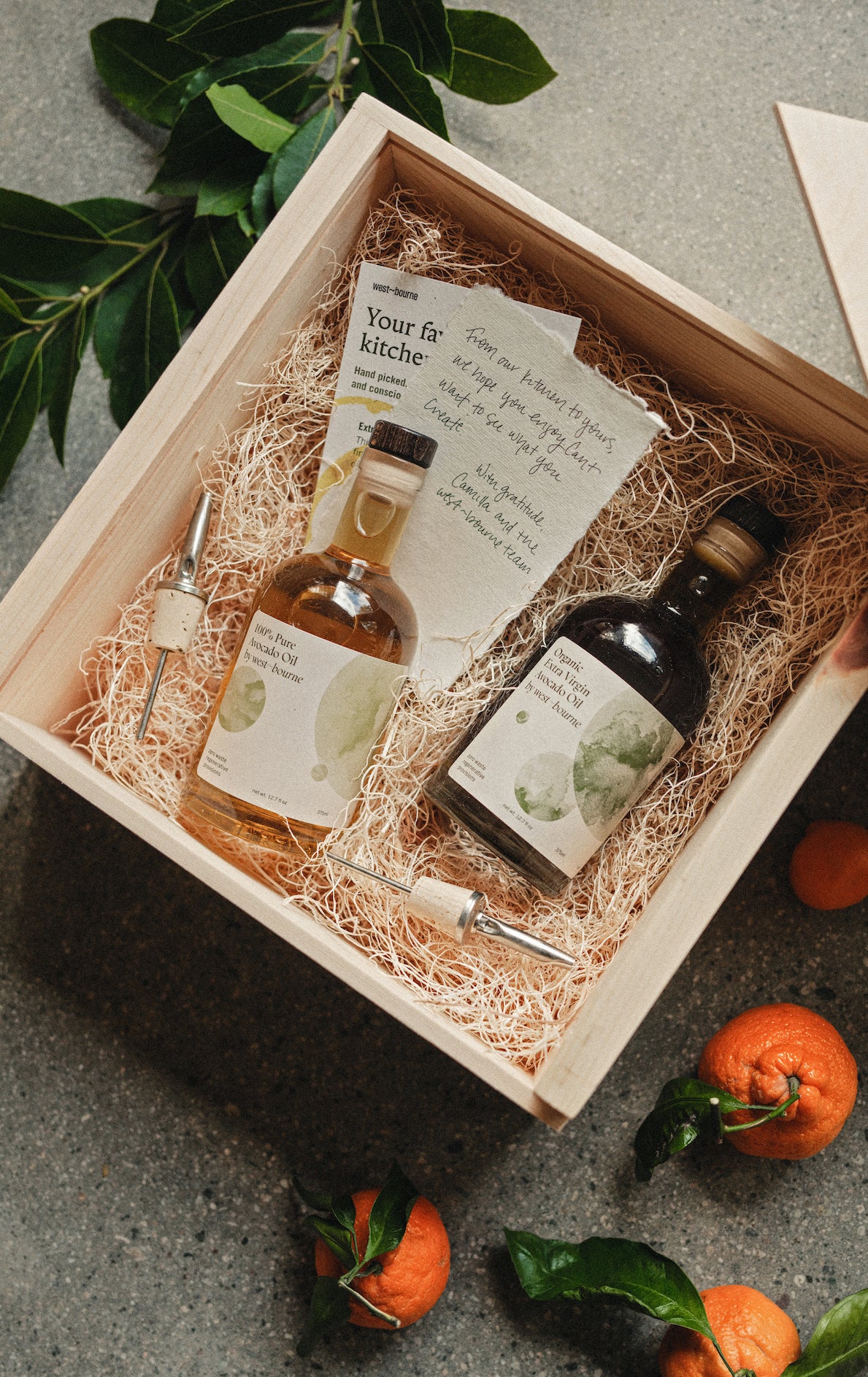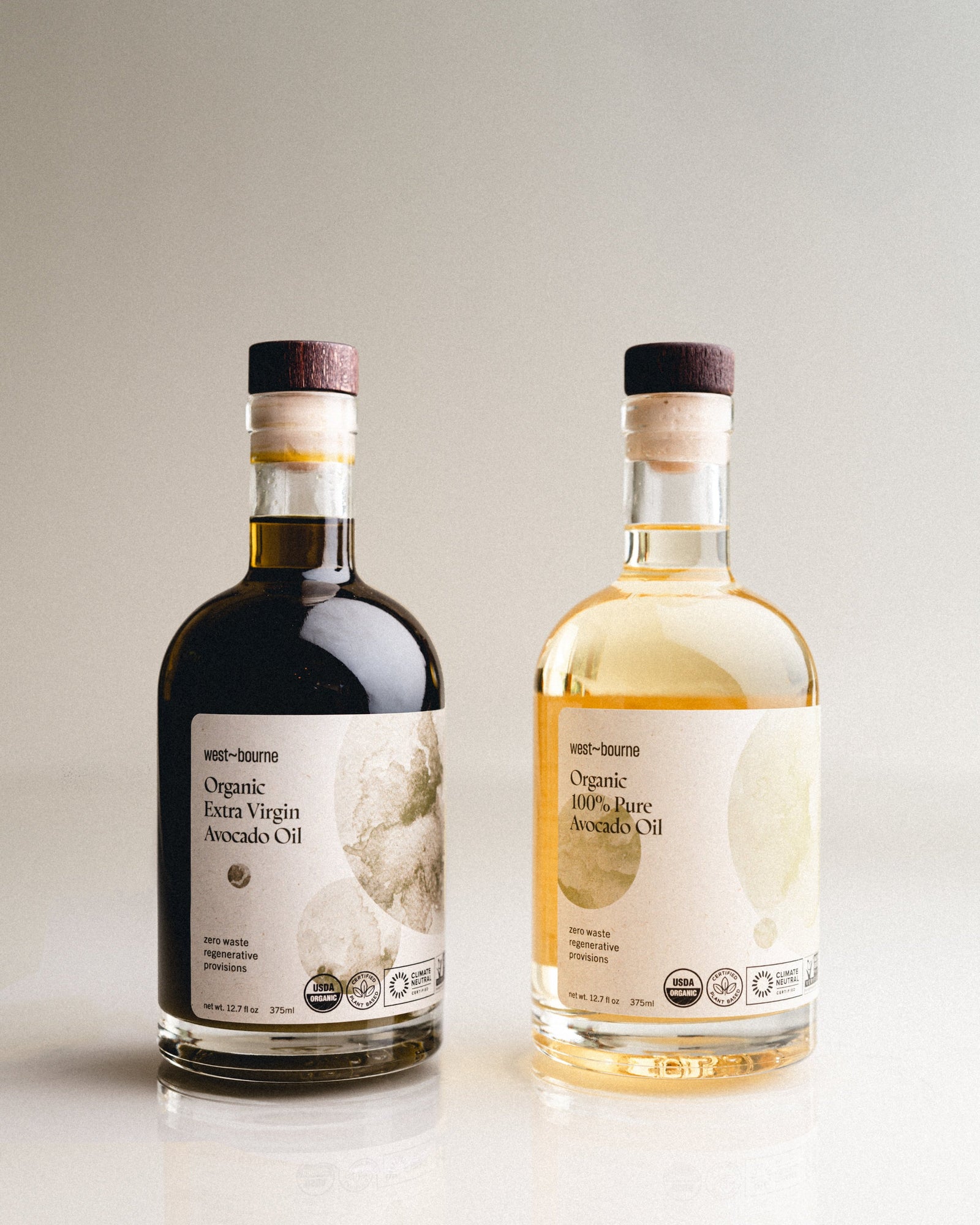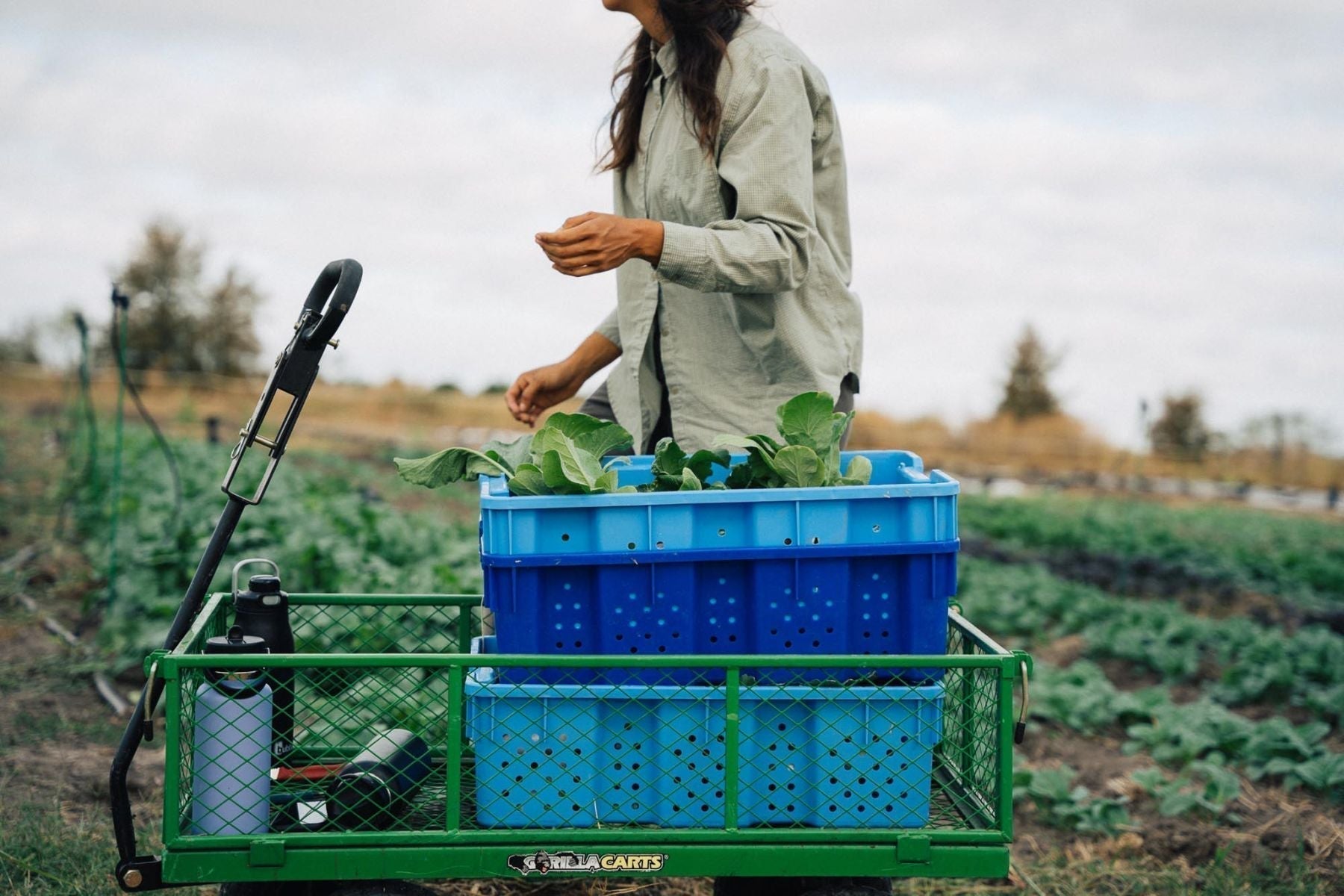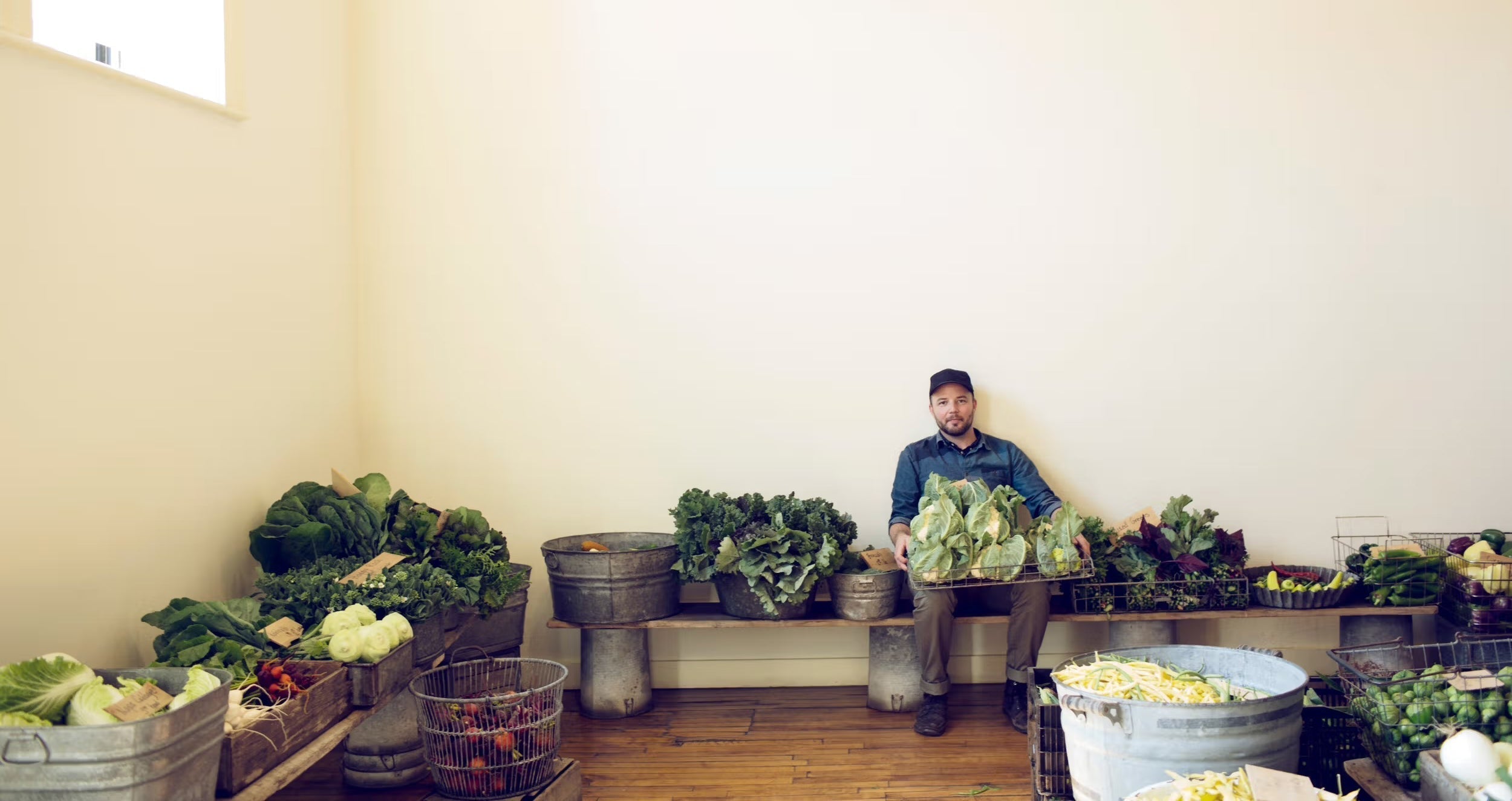Grow As You Go: Why Gardening With Kids Is Good For Everyone
By Angela Tafoya
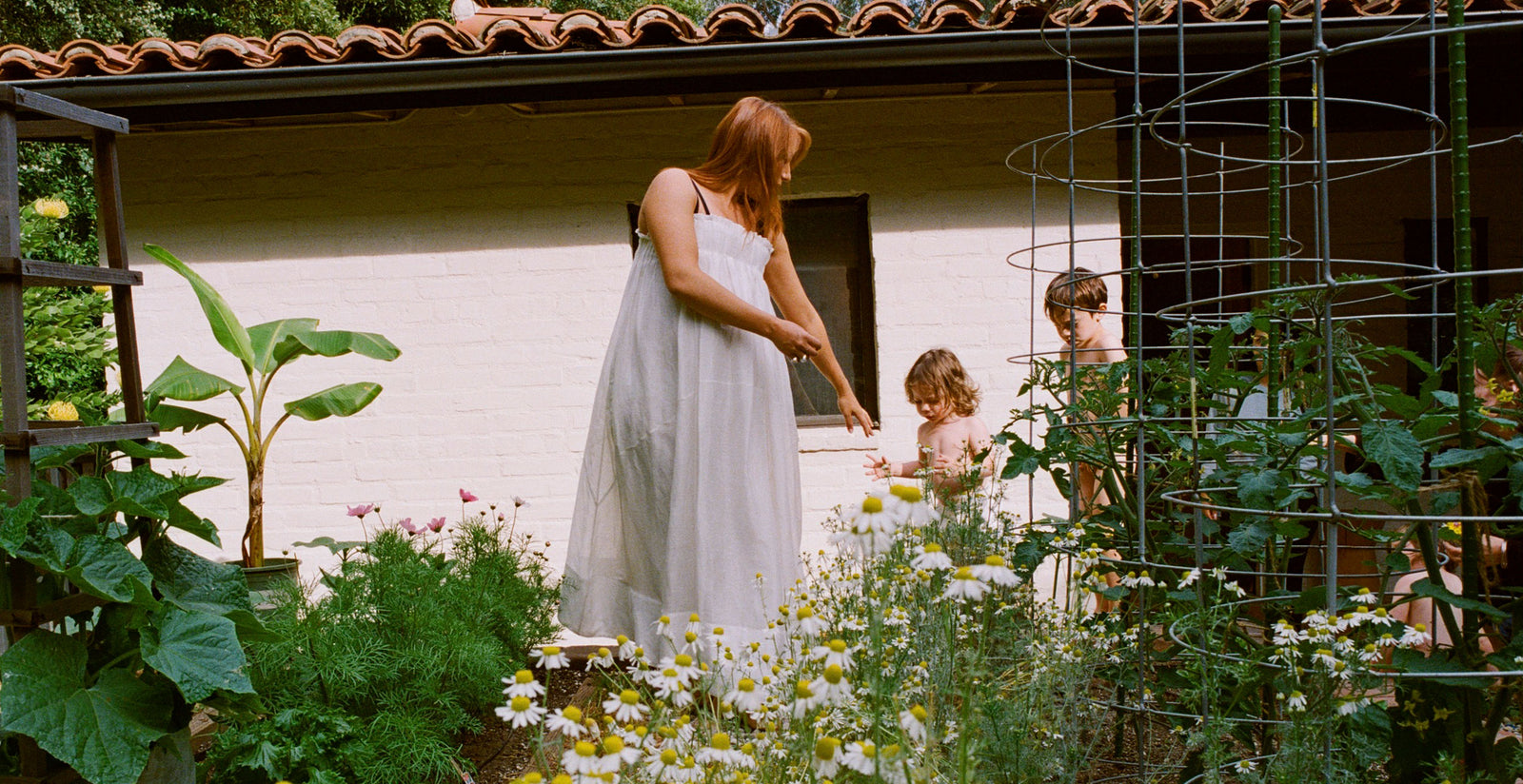
The new school year is in full swing—with that comes fresh beginnings, adventures, and plenty of new learnings ahead. And, in today's fast-paced digital world, teaching children the value of growing their own food seems to be more important than ever.
Gardening is not just about cultivating plants, it’s about nurturing a deeper connection with nature. Plus, it's a major pull of carbon in addition to being fun, educational, emotionally stabilizing, and delicious. It takes kids beyond the classroom and prepares them for a more sustainable future. Here are some key reasons why teaching kids how to grow their own food is good foreveryone.


Builds Confidence
Gardening is meditative, the simple act of nurturing plants and witnessing growth instantly relaxes us. And for children, it instills a sense of accomplishment and responsibility, boosting confidence. Engaging with nature in this intimate way promotes mindfulness, helping kids to relax and savor the present moment.
Enhances Attention
The process of planning, planting, and maintaining a garden requires focus and observation—creating space for kids to observe by tuning into the rhythms of nature. After all, what’s more exciting than watching something you’ve put hard work into grow? Additionally, the hands-on experience of gardening makes it easier for kids to remember and apply concepts they’ve learned in other contexts.
Boosts Learning
Measuring soil depth, spacing plants, tracking growth—gardening offers a practical way to enhance math and science skills. Science comes alive as they learn about plant biology, ecology, and life cycles. These hands-on experiences can help make abstract concepts fun for kids. It also provides a space for kids to learn about the positive climate impacts gardening has on the environment. Especially when it comes to composting and cultivating natural landscapes. According to BBC, for gardens to be as low-carbon as possible, incorporation of wild plants and efforts like homemade compost and living mulch are key. It's also a great opportunity to teach kids about soil health, as healthy soil offsets emissions by soaking up carbon—as well as modeling the components needed to create an ideal soil makeup.


Encourages Healthy Eating Habits
Kids can be picky when it comes to food—no real shocker there! But, they are more likely to try fruits and vegetables they’ve helped cultivate. The involvement with growing their own garden can lead to a greater appreciation for fresh, nutritious foods and an understanding of where their food comes from. Encouraging these habits from a young age can have long-lasting impacts on overall health.
Builds Patience
“The day you plant the seed is not the day you eat the fruit.” Through gardening, children learn the important life skill of patience. Plants need regular care and attention to thrive, instilling a sense of duty and that their actions have direct consequences. They also learn delayed gratification as they wait for their plants to grow and bear fruit. These lessons in responsibility and patience are invaluable.


